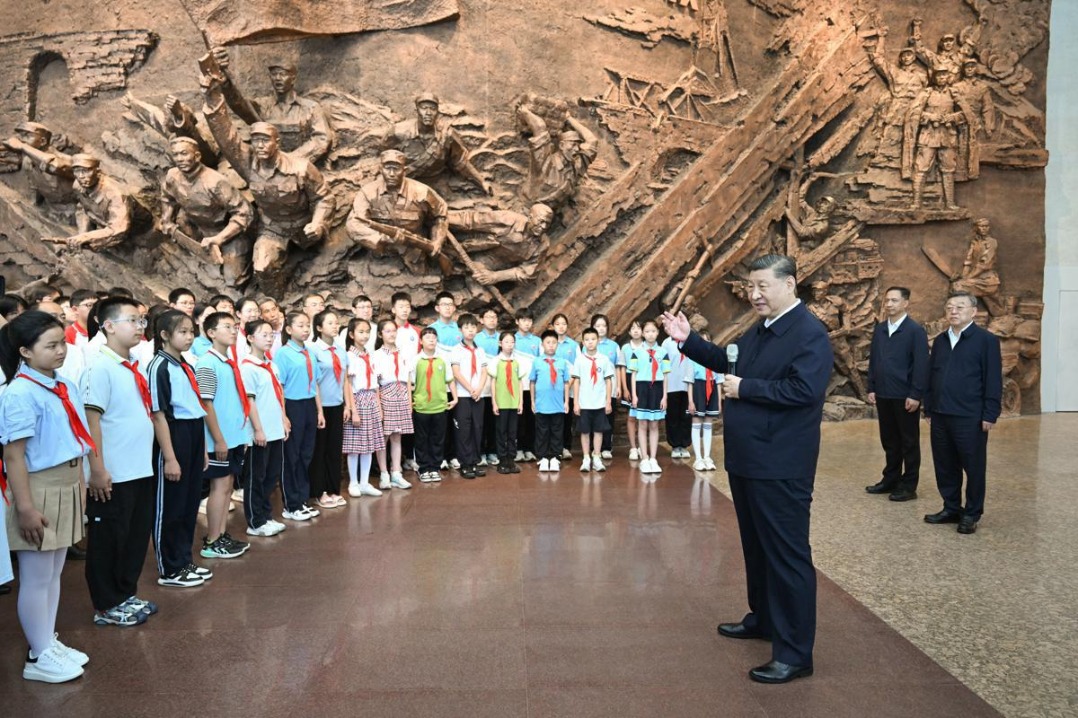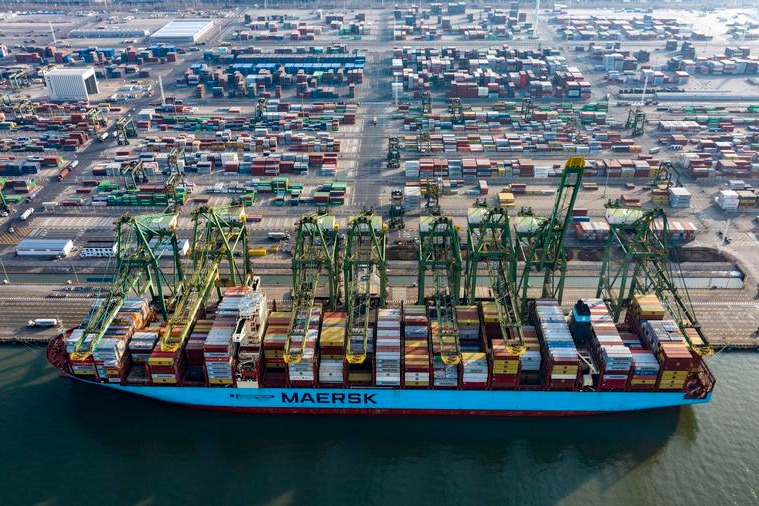Solar panels tariff a drag on clean energy: China Daily editorial

The Joe Biden administration's decision on Friday to extend the Donald Trump-era tariffs on most imported solar panels, which mainly come from China, is the wrong prescription for an outstanding problem that will only yield negative impacts on multiple parties.
While exempting what is called bifacial solar panels, which can generate electricity on both sides and are widely employed in existing large-scale utility projects, the United States president announced he would continue for four more years the tariffs the previous administration imposed in 2018.
Those tariffs were imposed as a part of Donald Trump's "trade war" against China using his authority under Section 201 of a 1974 US trade law, in the name of defending US workers and businesses from unfair competition. They were in addition to existing anti-dumping and countervailing duties on solar cells and panels from China. Without Biden extending them, these Trump-era tariffs were due to expire on Sunday.
President Biden had an opportunity to correct Trump's mistake, but he missed it and chose to not only sustain a lose-lose scenario for China and the US, but what is essentially an all-lose situation as it will have harmful repercussions for the world.
The move is unfair to China, a key solar panel manufacturer and exporter. But such tariffs hurt the US, too. President Biden is keen on his campaign to combat climate change and boost clean energy. The tariffs will greatly hike the financial costs of that campaign, because the US relies heavily on imports when it comes to solar energy equipment. And the argument that it will protect US jobs is just ridiculous because there has been little interest in this long neglected industry in the US. Not to mention that without considerable support, it would be unimaginable for US businesses to come up with products to compete with the reasonably priced imports from China and elsewhere.
"The US government insisted on extending the section 201 measures despite strong opposition from related parties at home and abroad, and not only do they not help promote the healthy development of its domestic industry, they also distort the normal order of international trade in photovoltaics as a new energy product," said China's Ministry of Commerce.
The ministry urged Washington to take "concrete action" to facilitate free trade in new energy products and "contribute to the global development of a low greenhouse gas emission economy".
While doing little to advance US national interests, these tariffs will hardly serve the purposes of defending US jobs or industry health. Their only verifiable real-world consequences will be dragging Washington's feet on its climate response, impeding free and fair international trade, and sabotaging meaningful and crucial international cooperation on green energy.

































